Up to 50% of deaf adults in the UK experience mental health issues – with the numbers who suffer from anxiety and depression almost double that of non-disabled adults
British Sign Language (BSL) users repeatedly experience barriers in their daily lives, especially when accessing education and healthcare services.
Lack of support for Welsh deaf people begins in childhood – 80% of the 2,500 deaf children in Wales attend mainstream schools with no specialist facilities.
This may not be an issue for many of us, but for the 22,000 people in England and Wales who consider BSL as their main and preferred language, it is a stress that leaves them feeling isolated and alone.
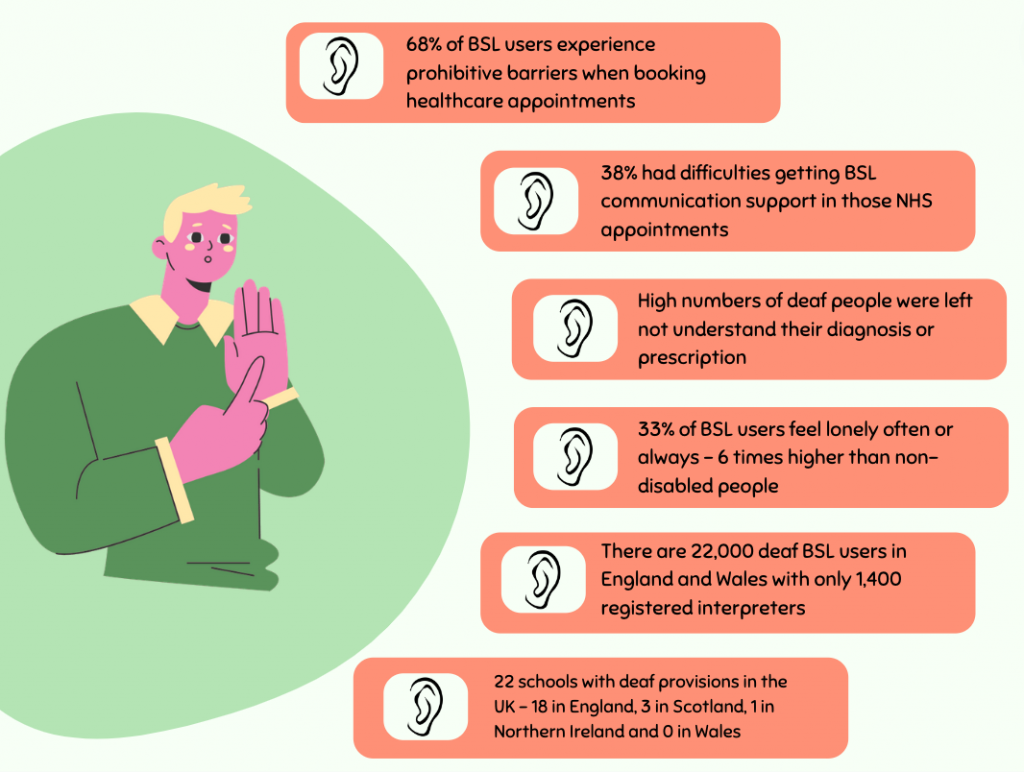
Both Scotland and England have passed laws to ensure BSL access – why is Wales so far behind?
Mark Isherwood, MS, is the chair of the Senedd’s cross-party group on deaf issues and has repeatedly called on the Welsh Government to introduce a BSL bill that improves access to education, health, and public services.
With two children who have hearing loss and himself a hearing-aid-wearer from a young age, Mr Isherwood believes that the current statutes in place for deaf people are too general and do not require public bodies to provide the condition-specific support that is necessary.
“We need to stop defining people by the medical model and start recognising that people are disabled not by their impairments but by the barriers that society places in their way,” he said. “We must work together to access inclusion for all.”
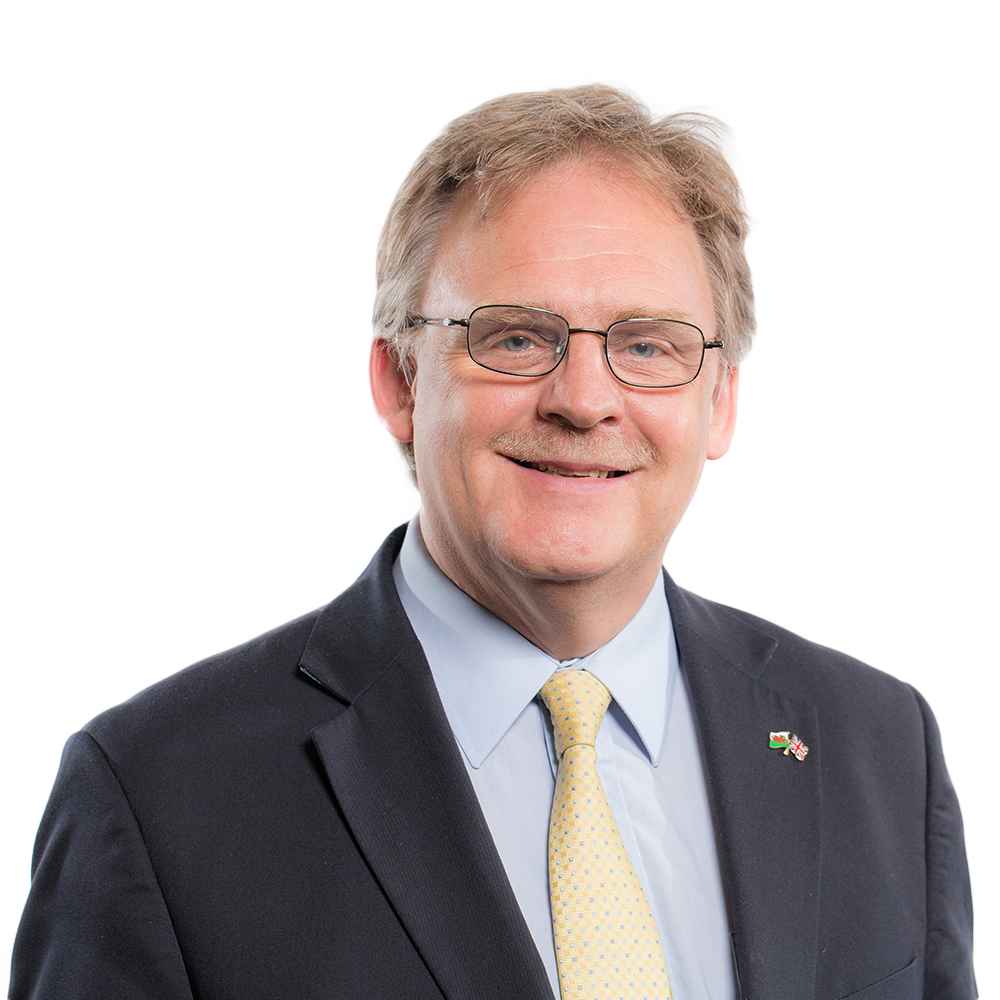
“We must work together to access. inclusion for all.”
-MS Mark Isherwood
Both brought forward by Mr Isherwood, this is the second legislative proposal the Welsh Parliament has passed – the first was in February last year. However, further stages must be passed in the Senedd before it can become law.
“The Welsh Government has highlighted what it has done in the past, but not its ongoing failure to acknowledge the need to legislate in this way,” said Mr Isherwood in response.
Working alongside the British Deaf Association, the proposed bill would also establish a “BSL Commissioner” and a “BSL Advisory Panel” along with requiring the Senedd to publish an annual report on what they have done to promote BSL.
“It’s about improving lives so that people can live independently with voice, choice, and control rather than live in a state of continual crisis because too many barriers are still stopping them living the lives they can and should,” he added.
“It’s also addressing issues raised by young deaf people and the ongoing work by the National Deaf Children’s Society Cymru who have been highlighting, for as long as I’ve been a member [of the Senedd], and that’s nearly two decades, the gap in GCSE and school attainment amongst deaf pupils.
“Both in law and practice, we should be revising the support for those young people,” he added. “Frankly, it’s disgraceful that we haven’t.”
Both in law and practice, we should be revising the support for young people. Frankly, it’s disgraceful that we haven’t.”
– MS Mark Isherwood
But what, exactly, are these barriers?
Dr Rob Wilks is a lecturer in law at Cardiff University. He is also a BSL user and teaches through the medium of BSL. Having recently published a report comparing the role of the Scottish and Welsh education systems in supporting BSL, he is very keen for the attitude towards BSL in Wales, especially within education, to change.
Both Dr Wilks and his wife are deaf BSL users who went through mainstream education. “We’ve reflected a lot on what’s been good and bad, but we have two deaf daughters who are currently going through the education system,” he explained.
“The things that I have seen that have given me cause for concern are very similar to the experiences myself and my wife went through. Not much has changed in 30 years.”
Dr Wilks’ eldest daughter is in Year 6 and requires a learning support assistant who has attained BSL Level 3 or higher. The two LSAs in her school are working towards their Level 3 but have not yet passed.
“It’s better than nothing. However, if one of them is off sick, you’re down to one – who’s going to provide that cover?
“It’s been an issue for some time now. The support isn’t always there, and she will struggle,” Dr Wilks added. “She isn’t able to understand the information without that additional support.
“She is struggling quietly. She’ll come home and tell us that she hasn’t had her LSA with her today, but there’s a limit to what we can do.”
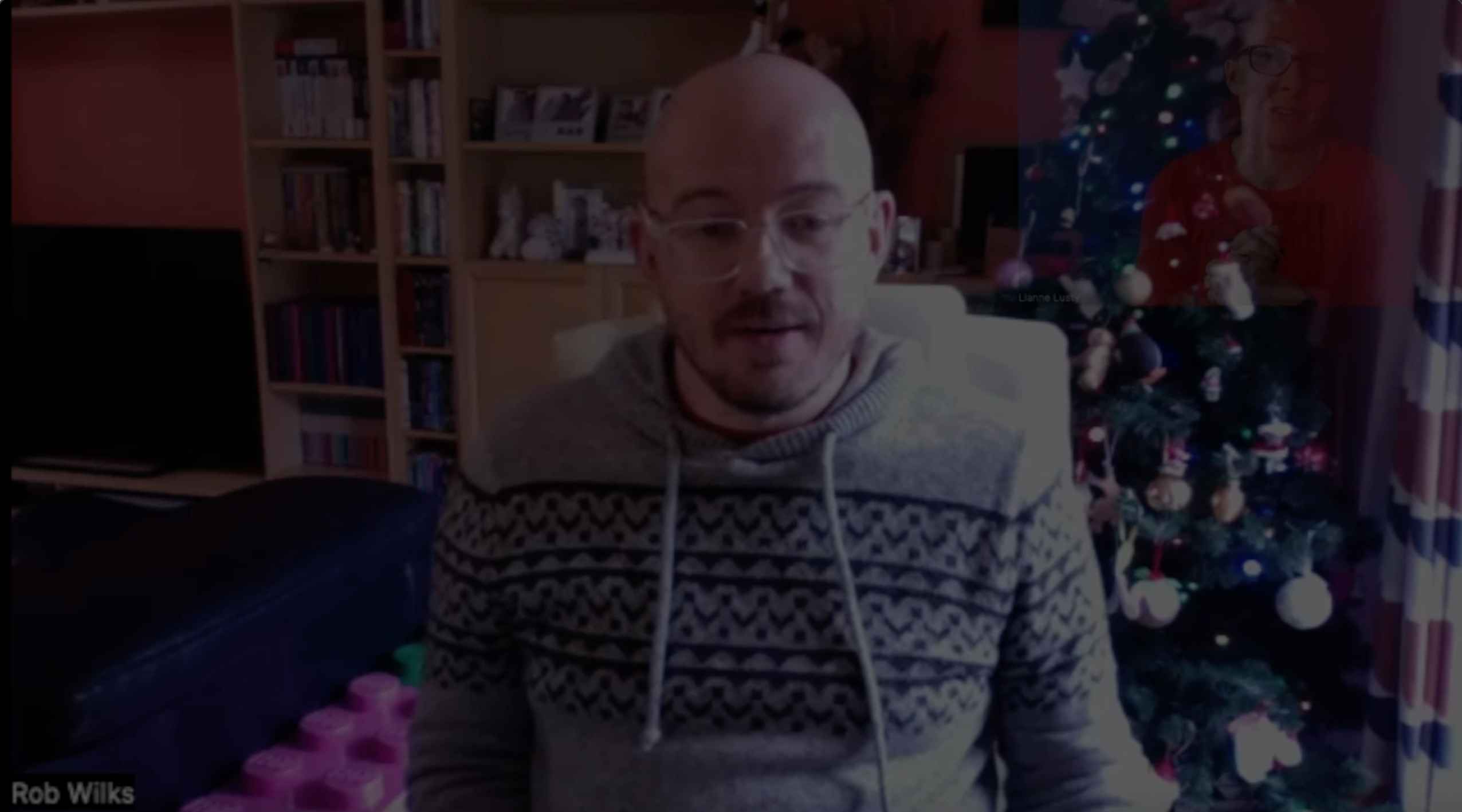
“Not much has changed in 30 years.”
-Dr Rob Wilks
Although Qualification Wales claim that Level 1 and 2 BSL qualifications are available for LSAs, the exam must be sat in England, as nowhere in Wales has the facilities to deliver it.
Dr Wilks added: “There are lots of barriers; nothing is changing, and nothing is improving.”
From his research, Dr Wilks has highlighted medical influence as a prominent barrier to accessing BSL. The best years for language development are 0–5 years old. However, most deaf children are born to hearing parents who will, usually, be unaware of the benefits of BSL until later.
“Hearing parents won’t automatically think about BSL,” he explained. “There’s not enough information out there for them and they’re highly influenced by the medical professionals.
“Medical professionals are in contact with those hearing parents firstly so they will focus on what technology or what they can do from a medical perspective that will help the child’s hearing. They do not ever focus on BSL.
“By the time parents work out what’s best for the child and collect the information on BSL – they’ve missed the boat. They’re already school age.”
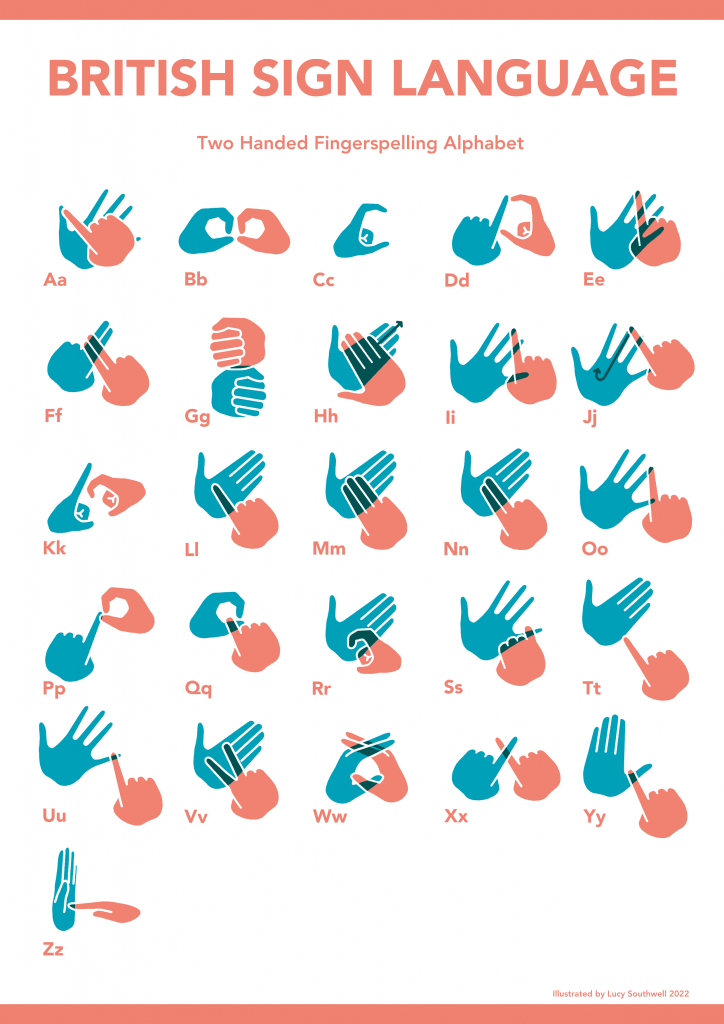
He believes one way of changing this attitude is to follow the model of the Welsh language.
“From birth, the professionals that are involved in a child’s life have the opportunity to advocate for and emphasise the benefits of becoming bilingual from the beginning.
“When a hearing child is born, parents already have information being fed to them about the options available for their child in both English and Welsh.
“I think that would be an ideal model. But for that, we need to train all the medical professionals about language acquisition, about British Sign language and for them to see it equivalent to other languages.
“It’s going to be a slow change. It’s a big change in attitudes. It’s not going to happen overnight.”
BSL became an official part of the Welsh Curriculum in September 2022, and like French and German, it can be taught to both hearing and deaf students.
“This is getting the deaf community out there and it’s becoming visible,” said Dr Wilks. “I think it’s brilliant – it’s already having a positive impact.
“For a deaf person, that’s quite an emotional thing. For us in our community, it gives you goosebumps.
“The challenge is maintaining that positive impact. We’ve made a start; we just need to backfill this now with resources and getting qualified teachers in place. That’s what’s going to take the time.”
Stuart Parkinson is the Vice Chair of the Association of British Sign Language Teachers and Assessors and is also a Trustee and Youth Worker at Deaf Hub Wales, a hub for deaf support, education, and advocacy based in Cardiff.
Mr. Parkinson has congenital progressive deafness and was born to hearing parents. He wasn’t given the opportunity to learn BSL until he was 18 years old.
“It would have been much better had I learnt BSL when I was younger. I didn’t have a deaf identity growing up,” said Mr Parkinson. “Growing up, my self-esteem wasn’t very good. In high school, I had no support and I was missing everything. I was the only deaf child in a school of 1,700 hearing pupils.”
Through BSL I developed my deaf identity. I’ve found my language.”
Stuart Parkinson
There are 22 schools for deaf children in the UK, none of which are in Wales. Therefore, the Deaf Hub aims to provide its youth members with a deaf community.
They offer a wide range of opportunities, from Youth Leadership and the Duke of Edinburgh Awards to deaf theatre and film editing workshops, all done through BSL.
Mr Parkinson also leads the hub’s Heritage Project, a project about the development of the Welsh deaf community since the 1940s.
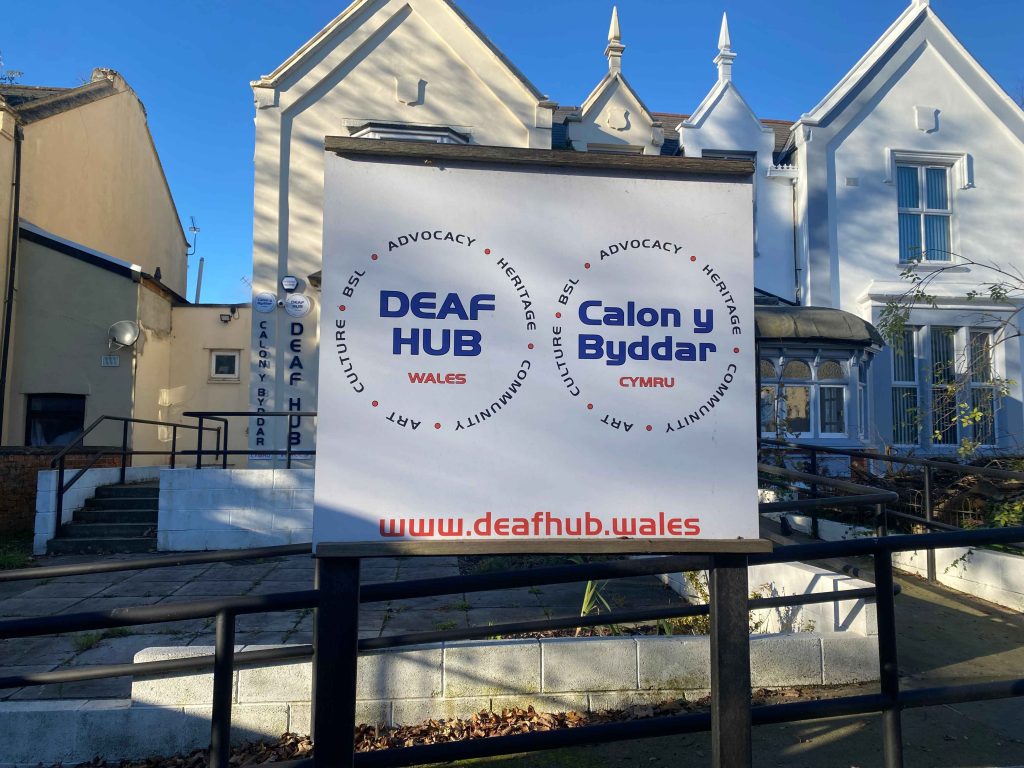
“It’s all about the empowerment of younger people,” said Mr Parkinson.
“Role models are so important – I became a youth worker because I wanted to give opportunities to them that I didn’t have growing up. I hadn’t even heard of a deaf club
“We have a lot of positive feedback – one person’s confidence has shot up. It’s beautiful to see when their confidence is low and suddenly, they’ve got an ‘I can do’ attitude.”
The Welsh Government are currently awaiting a BSL audit conducted by BDA, which is due to be published in January. Following this, they hope to begin a consultation process that will hopefully lead Wales a step closer to ensuring access to BSL.


